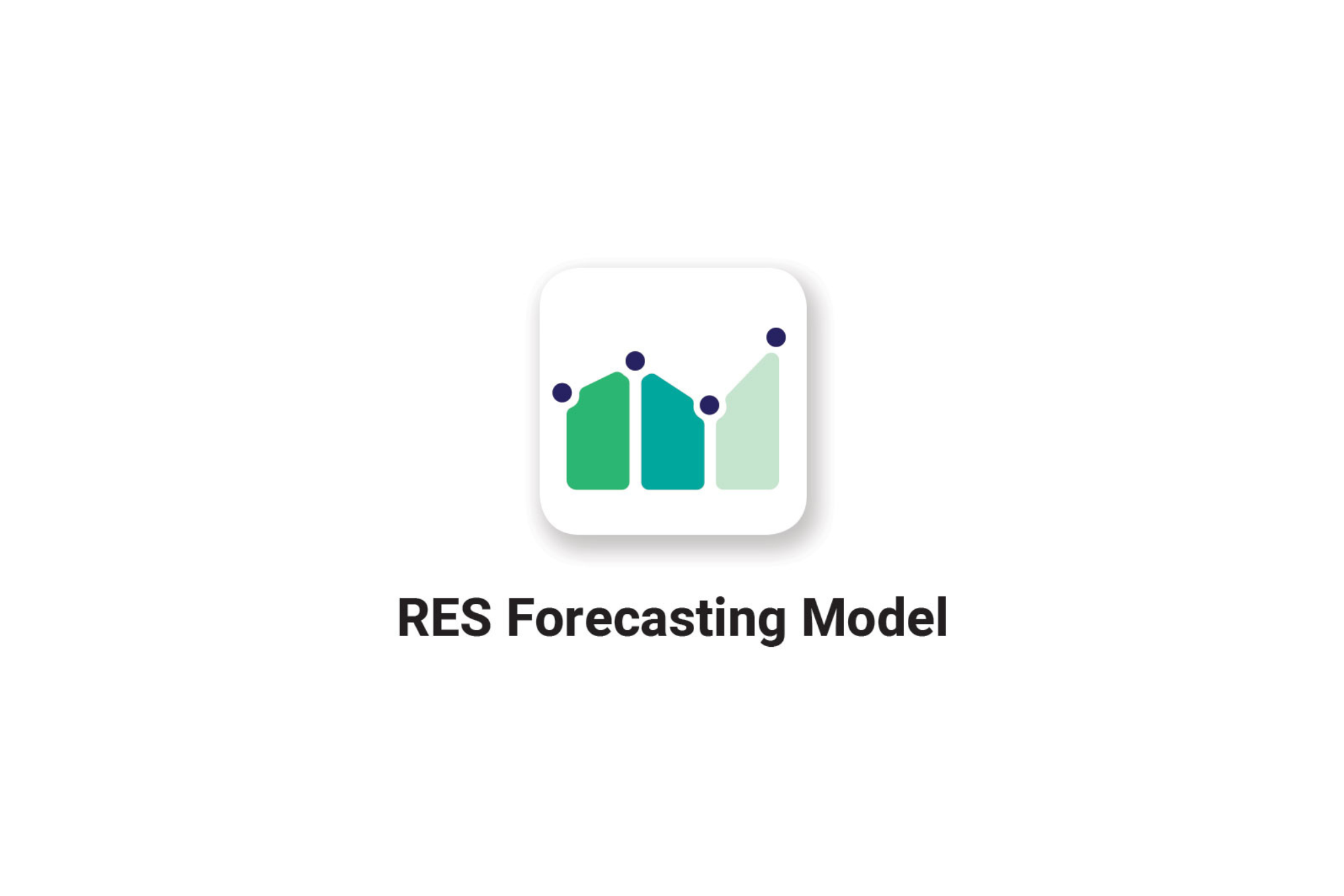An alternative perspective…
Many real estate investors fervently hope for the defeat of the inflation scourge, longing for a return to low-interest rates that would enable them to leverage and deliver substantial returns to their investors. Yet, viewed from an alternative perspective, the surge in inflation might have benefited leveraged investors.
Notably, inflation erodes the value of outstanding debt. Of course this becomes inconsequential if the collateral value is also eroded. This is where the inflation matching credentials of real estate are put to the test; if rents can keep pace with the general price level, the real cash flow remains unaffected. Therefore, if the discount rate reverts to previous levels, leveraged investors are left with a reduced level of debt relative to the property value.
How is this unfolding in the current cycle? On the face of it, not as well as might have been hoped. In the retail sector, despite a more than 20% price increase since the second quarter of 2021 when inflation exceeded the 2% target, the MSCI Quarterly Index reports nearly a 1% decrease in retail rents. This means a leveraged investor may face future rental flows almost unchanged in nominal terms but likely diminished in value due to the higher interest rate environment, making it less capable of covering interest payments.
Is the investor justified in lamenting their misfortune? Consider an alternative scenario in which there was not a rise in inflation. In this scenario, interest rates would likely have remained lower, but retail rents might not have remained stable. They probably would have decreased in nominal terms, leading to more retailers paying higher rents than prevailing market rental values and lower collateral values.
Instead, the inflation surge allowed retailers to increase prices and reduce their rent burden as a percentage of turnover. While the burst of inflation may not have completely reset retail rents to ensure future inflationary growth, it has at least allowed for four quarters of nominal growth, easing the rebalancing process in a less painful manner. Hopefully, this has been sufficient to rescue leveraged investors and lenders from the worst outcomes, avoiding significant distress in the coming quarters.
Was the burst of inflation sufficient to completely reset retail rents to a point where they can be relied upon to grow by inflation? Probably not; based on the expected scenario, the RES Forecasting Model indicates retail rents heading back into negative territory.
For more information on the RES Forecasting Model please email contact@realestatestrategies.co.uk



